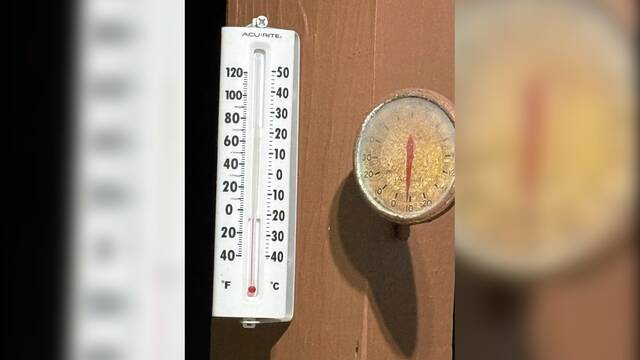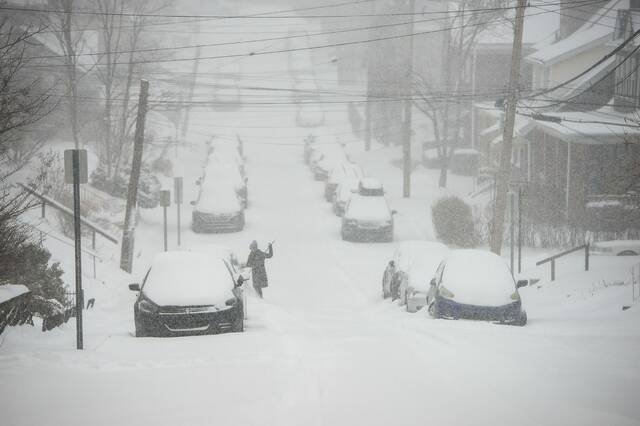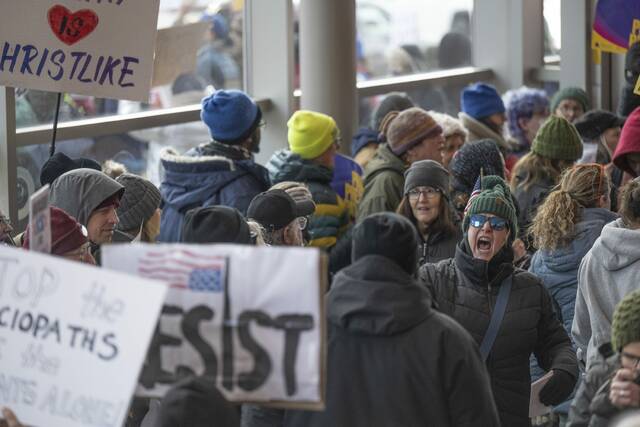U.S. Sen. Bob Casey released a map this week of areas where clean energy projects could be eligible for a bonus tax credit up to 10% through the federal Inflation Reduction Act.
The region includes all of Southwestern Pennsylvania.
The energy community bonus is available to developers for locating projects in communities historically dependent on fossil energy jobs and tax revenues, including areas with closed coal mines or coal-fired power plants.
A census tract where a coal mine closed after 1999, or where a coal-fired electric generating unit was retired after 2009, qualifies as an energy community, as well as directly adjoining census tracts.
“Our coal communities have a storied tradition of powering our nation since the Industrial Revolution, and that’s what makes them uniquely qualified for new energy jobs,” Casey said. “With the new tax credits I fought for in the Inflation Reduction Act, more clean energy projects will be built in our communities, and Pennsylvania workers will continue to light the way into the future.”
Two of Pennsylvania’s largest coal-fired power plants, Keystone and Conemaugh outside Pittsburgh, announced in late 2021 that they would stop using coal and retire all of their generating units by the end of 2028, according to regulatory notices obtained by The Associated Press.
On April 1, the Cheswick Generating Station power plant in Springdale shut down operations. It was the last coal-fired electric plant in Allegheny County, in operation since 1970.
The bonus is also available to areas that have significant employment or local tax revenues from fossil fuels and higher than average unemployment.
To qualify for the bonus, a metropolitan statistical area or non-metropolitan statistical area must have or have recently had at least 0.17% direct employment, or at least 25% local tax revenues related to the extraction, processing, transport, or storage of coal, oil, or natural gas, as well as an unemployment rate at or above the national average unemployment rate for the previous year.
Finally, the bonus is available to developers for locating projects on brownfield sites. A brownfield site is defined as real property, the expansion, redevelopment, or reuse of which may be complicated by the presence or potential presence of a hazardous substance, pollutant, or contaminant, and includes certain mine-scarred land.
“The Inflation Reduction Act is designed not just to lower energy costs and combat climate change, but to promote broad-based economic opportunity and create jobs in communities that have been at the forefront of energy production, especially coal communities,” Deputy Secretary of the Treasury Wally Adeyemo said in a statement earlier this summer.
Patty Horvatich a senior vice president with the Pittsburgh Regional Alliance, testified earlier this spring about the impact investment could have in the region.
“The unique challenges of the coal communities fall into both ‘people’ and ‘place,’” Horvatich told a U.S. Senate panel. “These plants where you drive up and see the cooling towers abandoned, they’re assets for the region that are just shuttered. And we need things like remediation and demolition to help breathe new life into these communities.”
Creating new opportunities in the energy industry could also help sustain the region’s population, Horvatich said.
“When you look at the people, some of them are unemployed, hard-working, talented individuals looking for sustainable family wages,” she said. “And they’re wondering if they will have to move elsewhere because of these (plant) closures.”
The tax credits are administered by the Treasury Department and the Internal Revenue Service, in collaboration with the Department of Energy.
The Treasury Department’s announcement and information on qualifying for the bonus credit can be found here.








